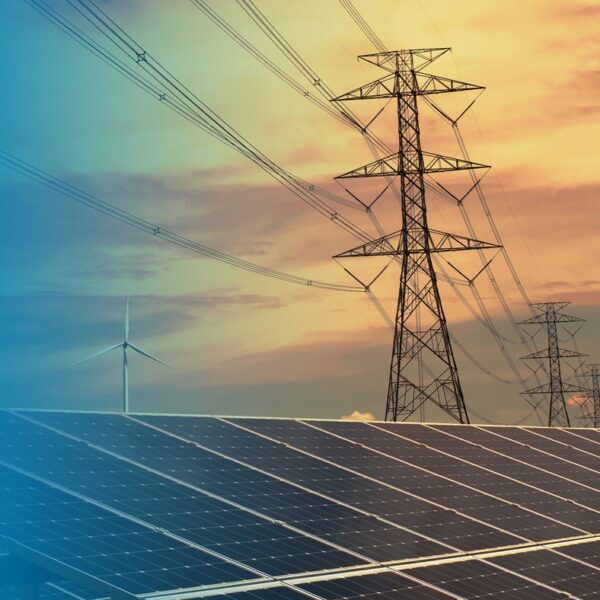GO15, the association of Very Large Power Grids Operators, provides the position of its members on the main challenges and the most promising solutions for enhancing the stability of power grids in a world that is increasingly reliant on renewable energy sources and decentralized power generation.
The global energy landscape is evolving towards greater sustainability and decarbonization, with renewable energy sources such as solar and wind power accounting for a growing share of global power generation. As a result, ensuring the secure and reliable operation of power transmission systems is becoming increasingly challenging and the role of system operators ever more crucial. They must strike a balance between security of supply, cost-efficiency and environmental concerns.
Beyond the intermittent nature of these renewable energy sources, making it difficult to match supply and demand, they require replacing traditional synchronous generators by converter interface generators (CIGs). Because of their large rotating masses, traditional generators provide significant inertia, meaning a system’s ability to resist frequency changes. CIGs don’t provide the same level of inertia which can lead to frequency fluctuations and instability, especially during production disturbances or sudden changes in load.
The GO15 position paper emphasizes the need for new solutions and strategies to address the stability issues caused by the rise of CIGs:
-
Enhanced Grid Operation Tools to monitor and control the grid more effectively
-
Real-time estimation of inertia to maintain stability
-
Clear obligations for solar and wind generators, including CIGs, to provide frequency response services
-
Long-term planning processes, including the impact of CIGs and the mix of generation
Several countries have already witnessed the negative effects of the rapid growth of solar and wind generators connected to the grid, underlining the importance of defining and implementing corrective actions to improve grid flexibility and mitigate their impact on power system stability and security.
System Operators play a critical role in enabling the transition to a sustainable, low-carbon energy future, which requires proactive strategies, stakeholder collaboration and continuous innovation.

